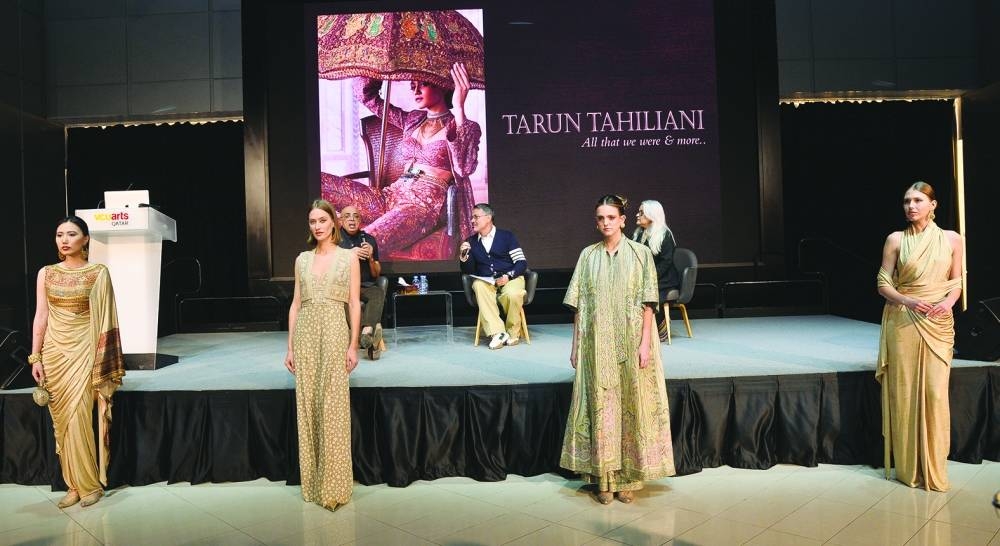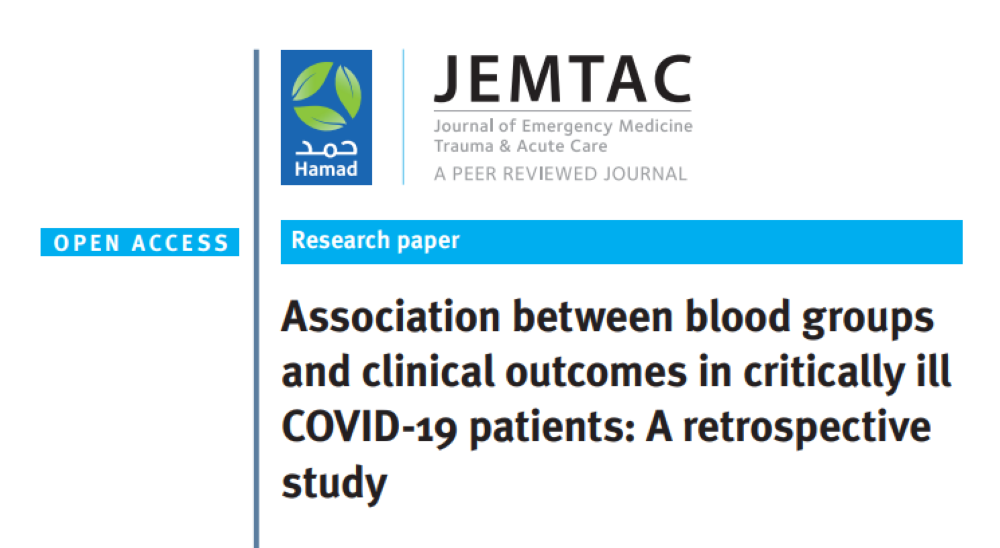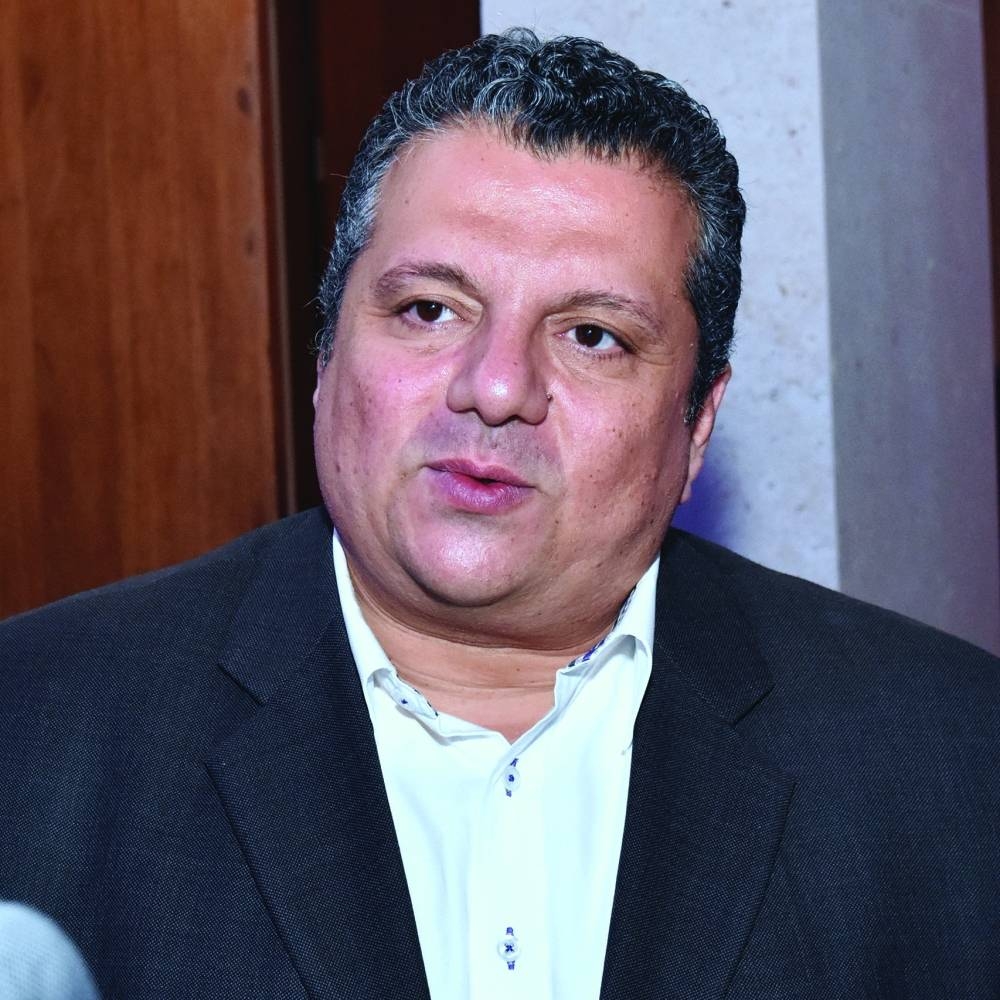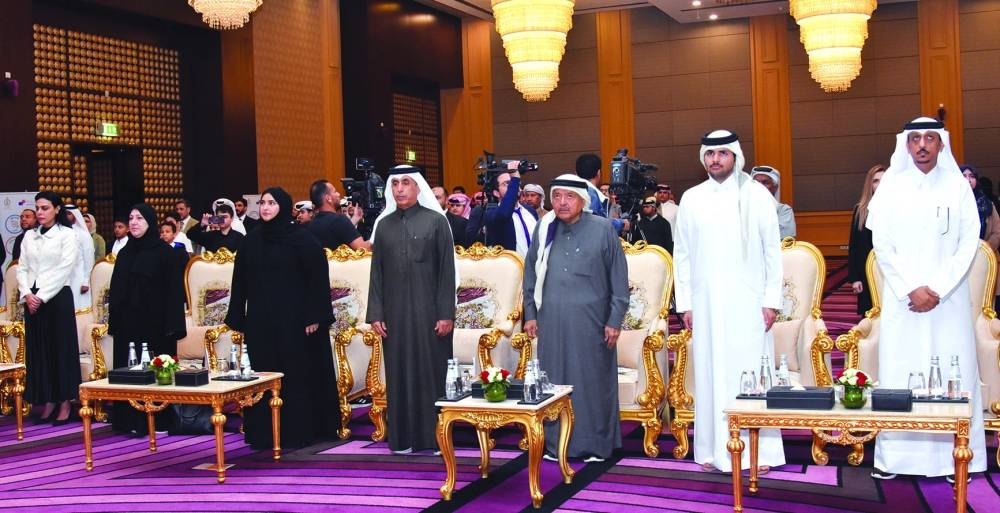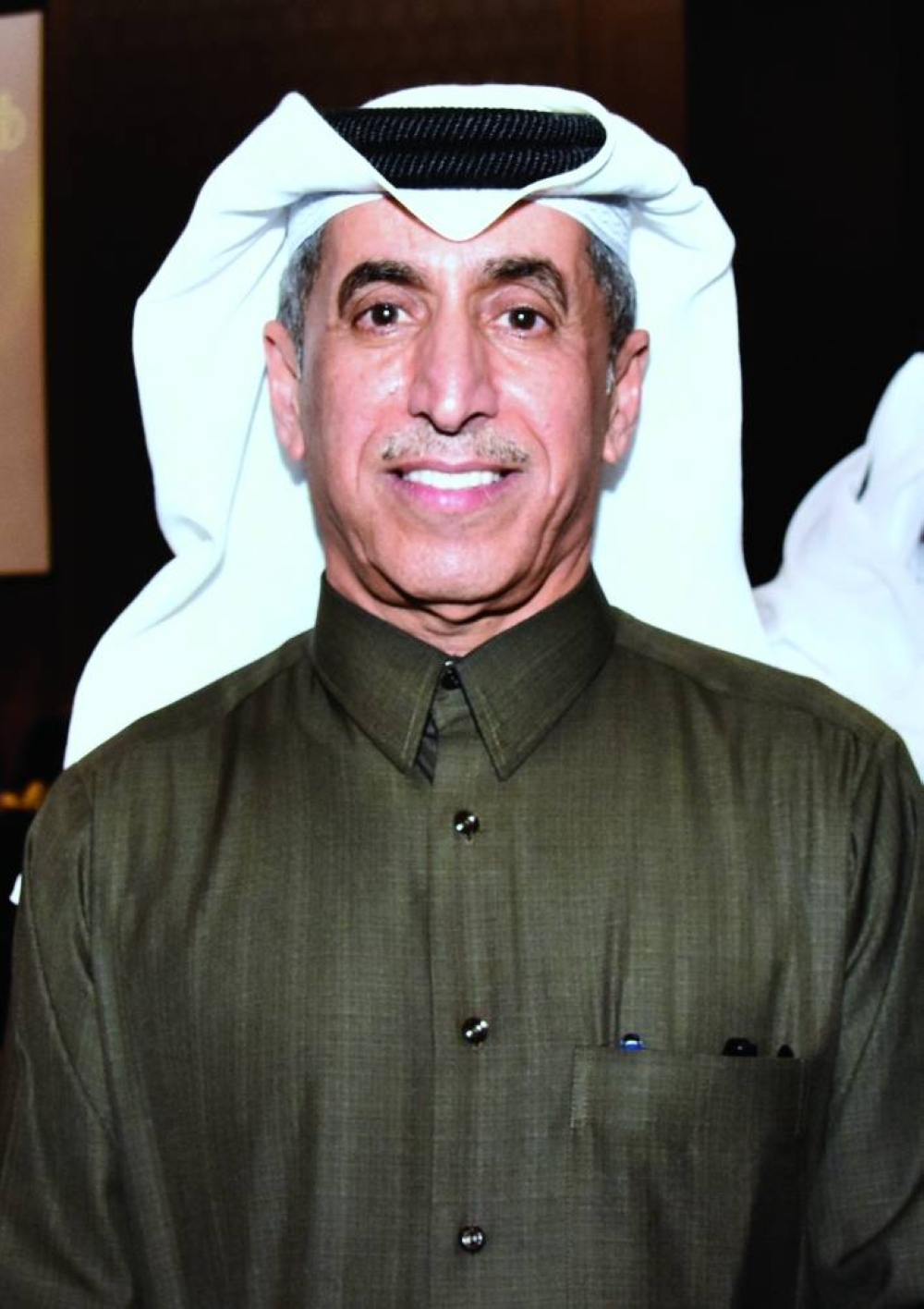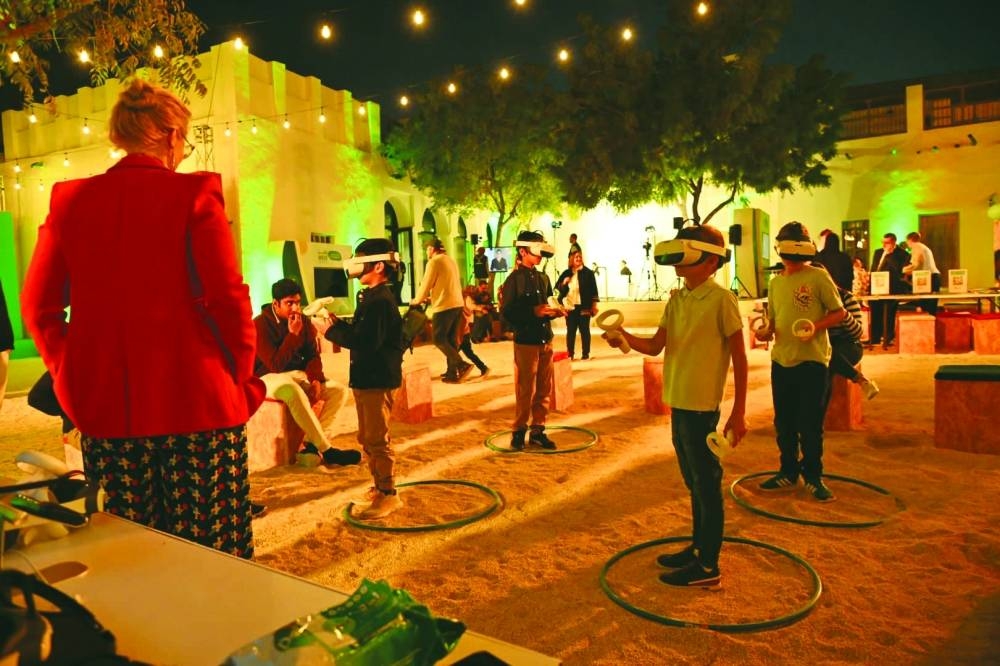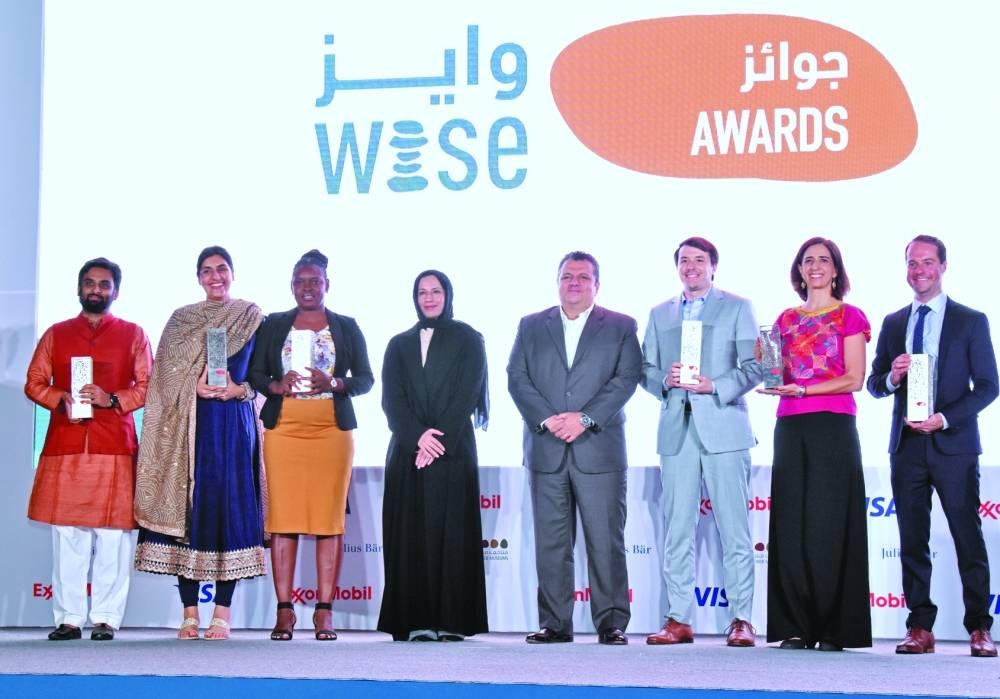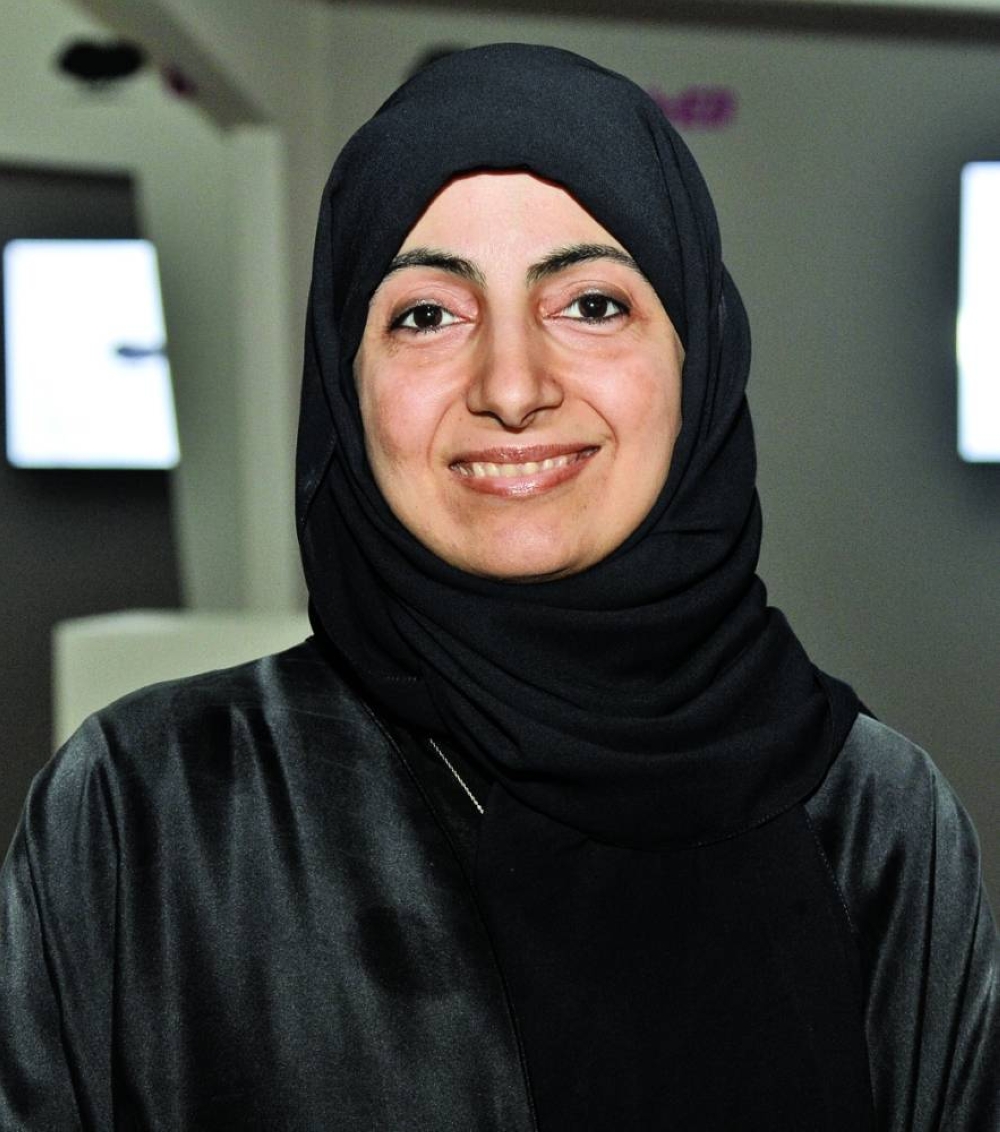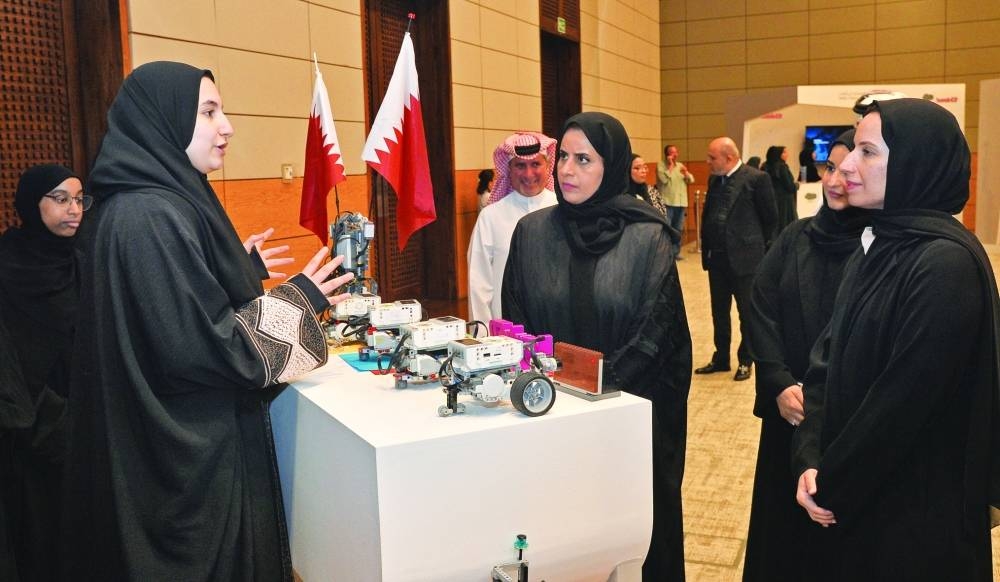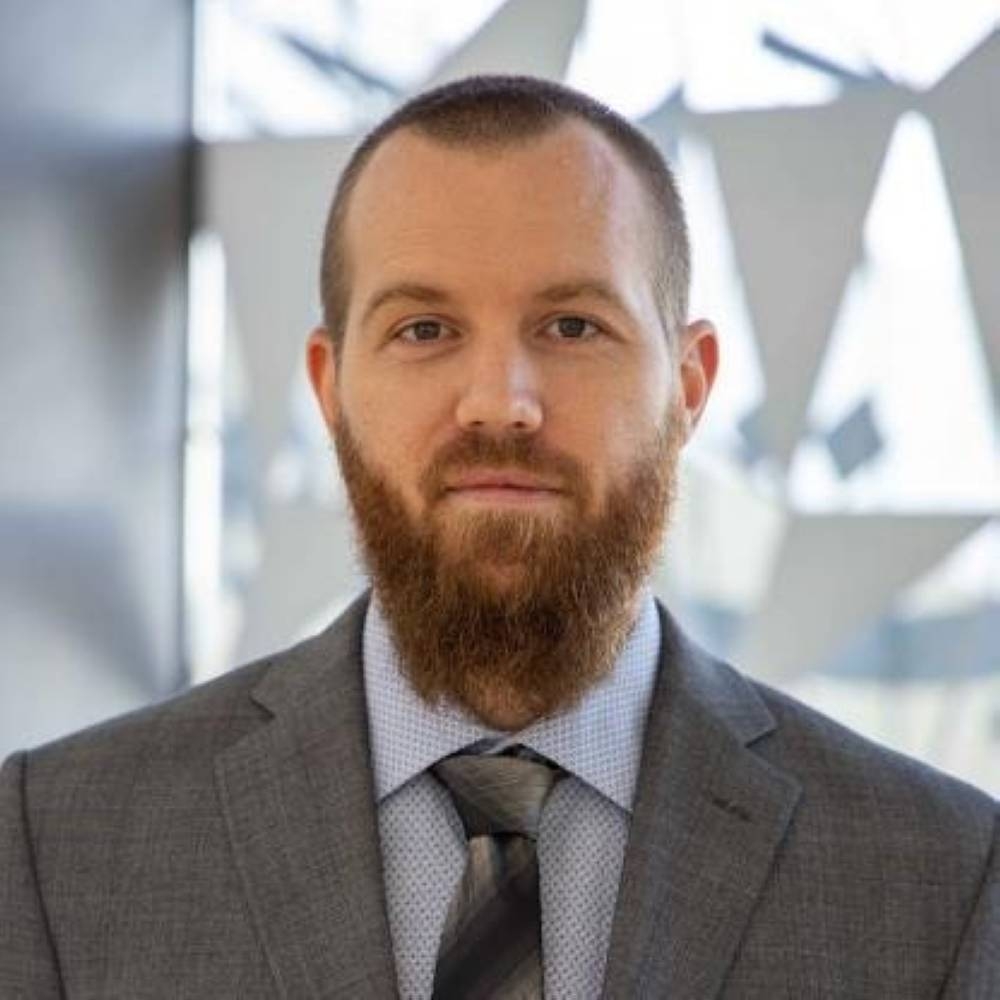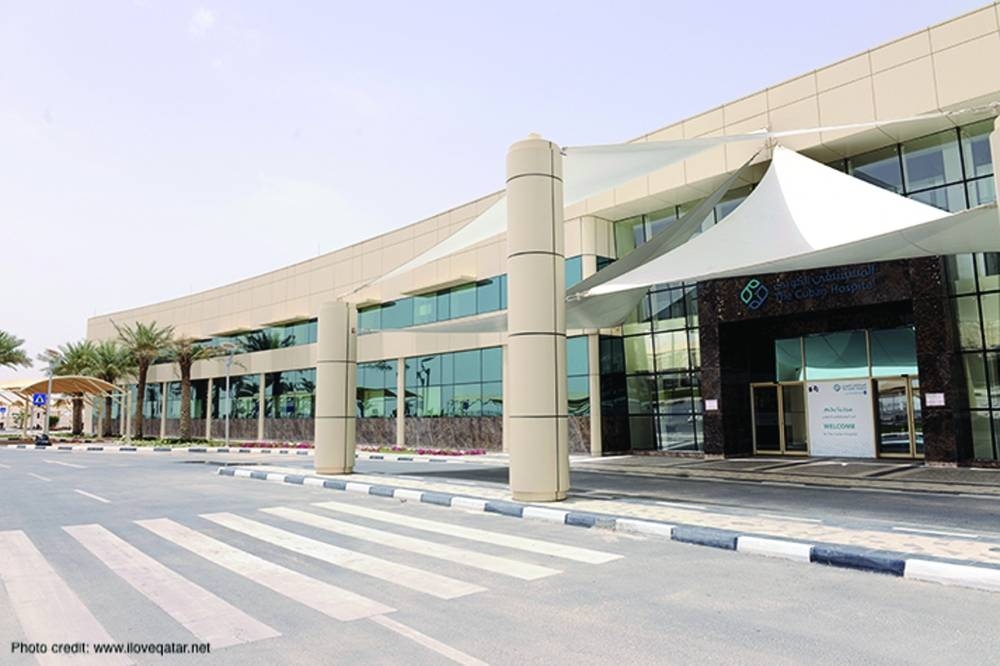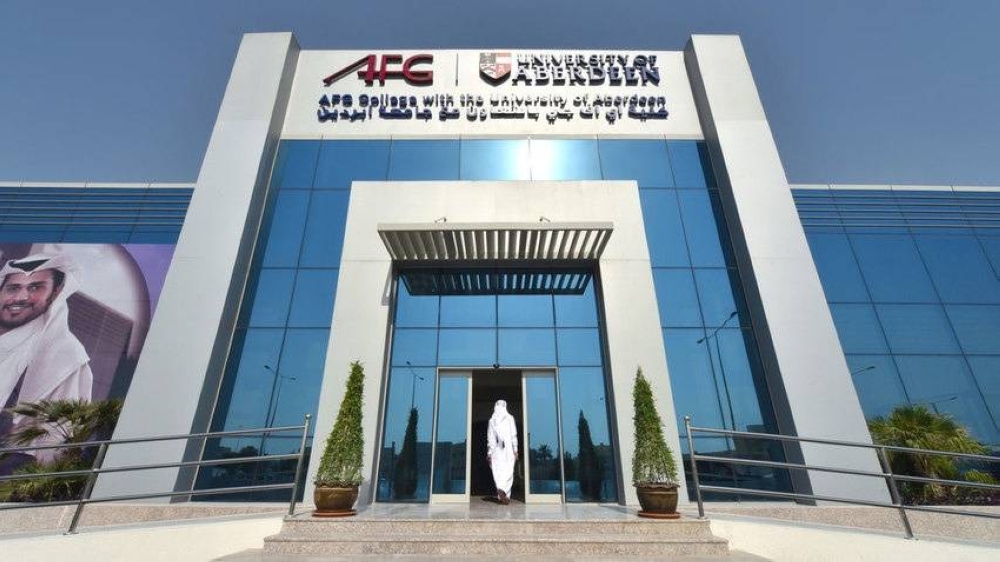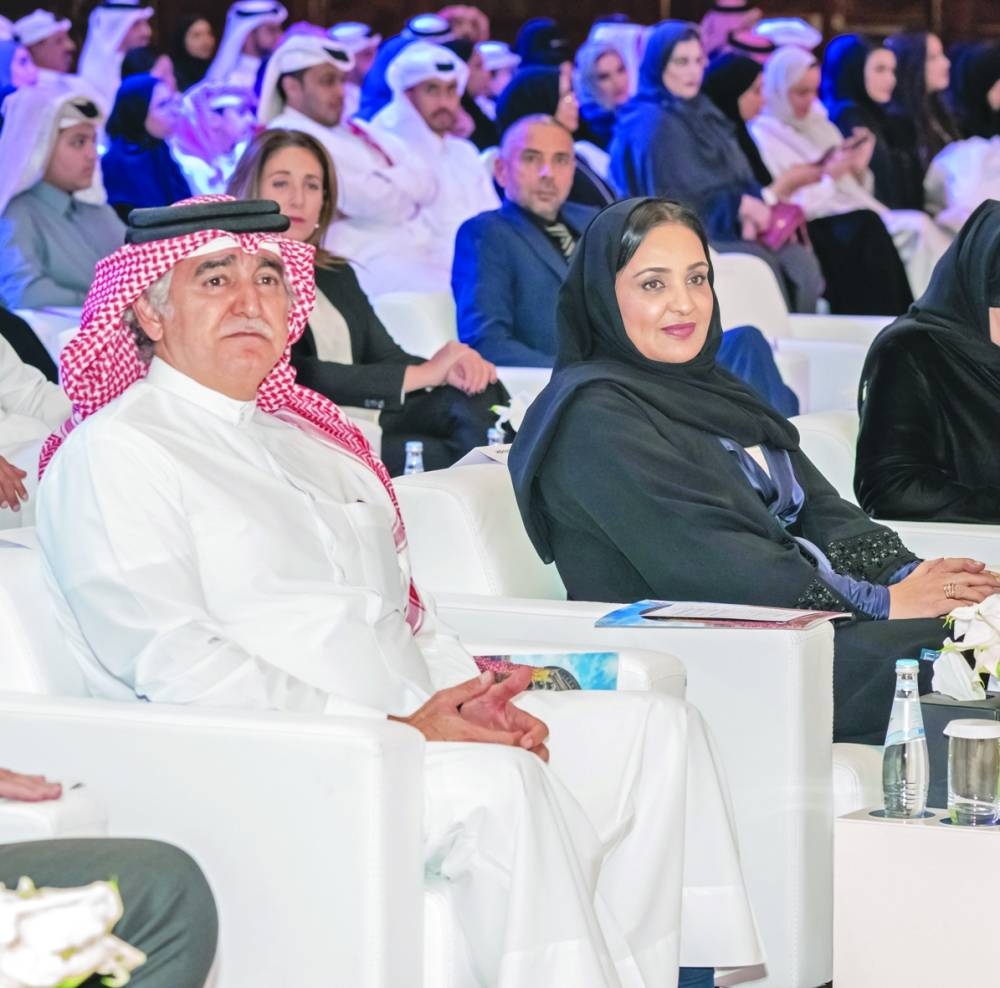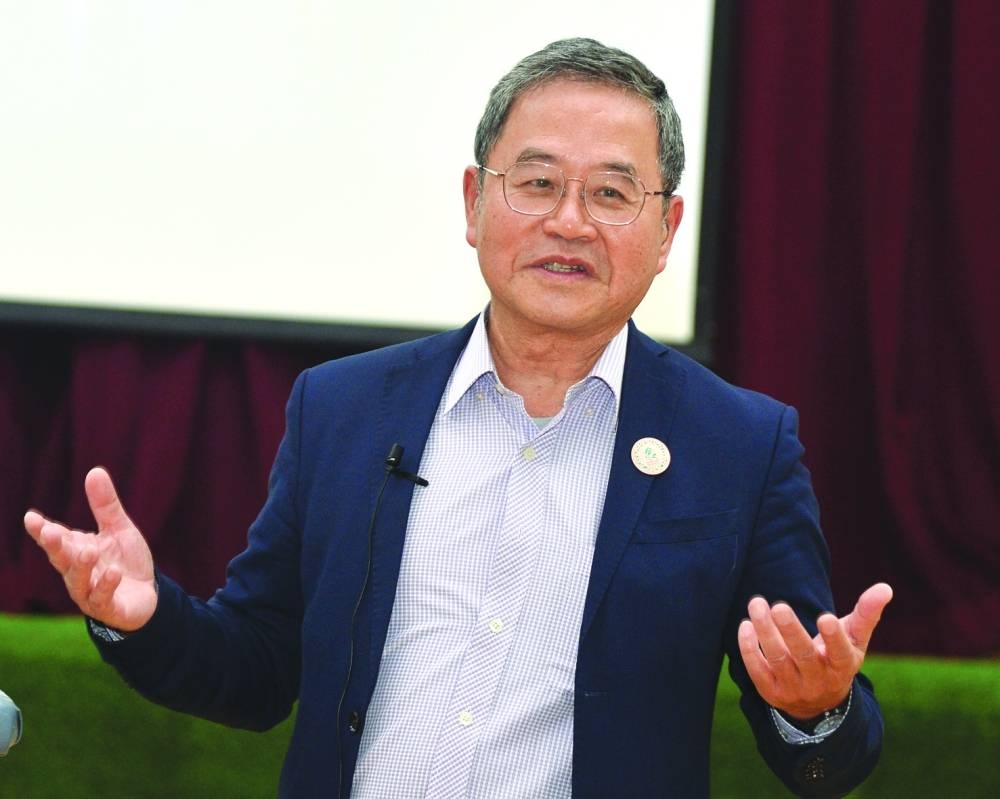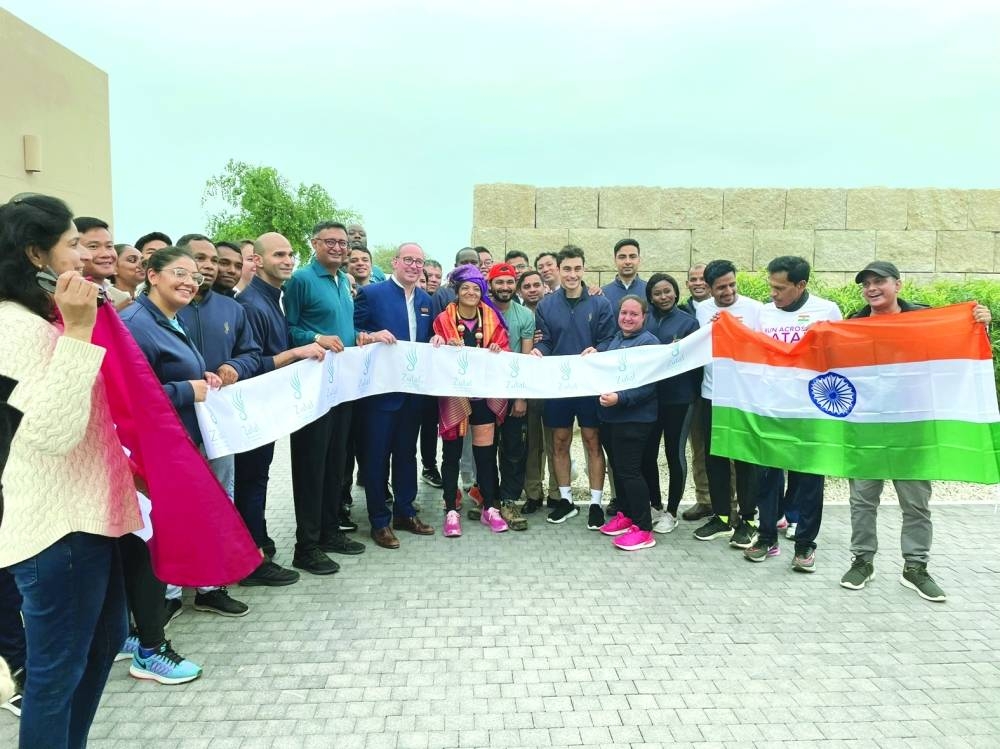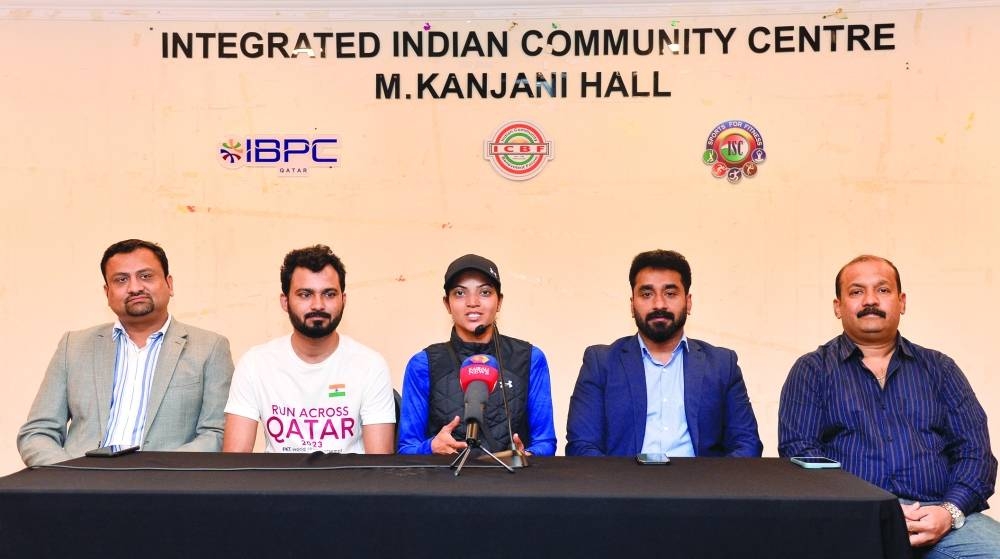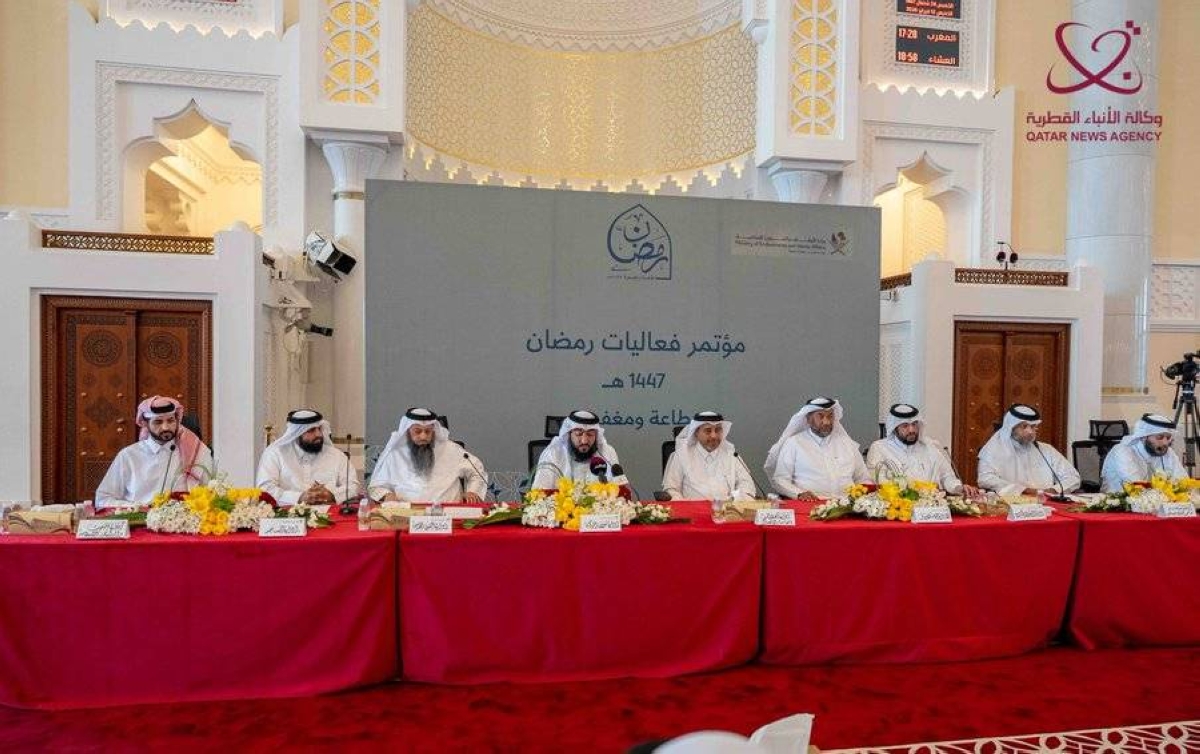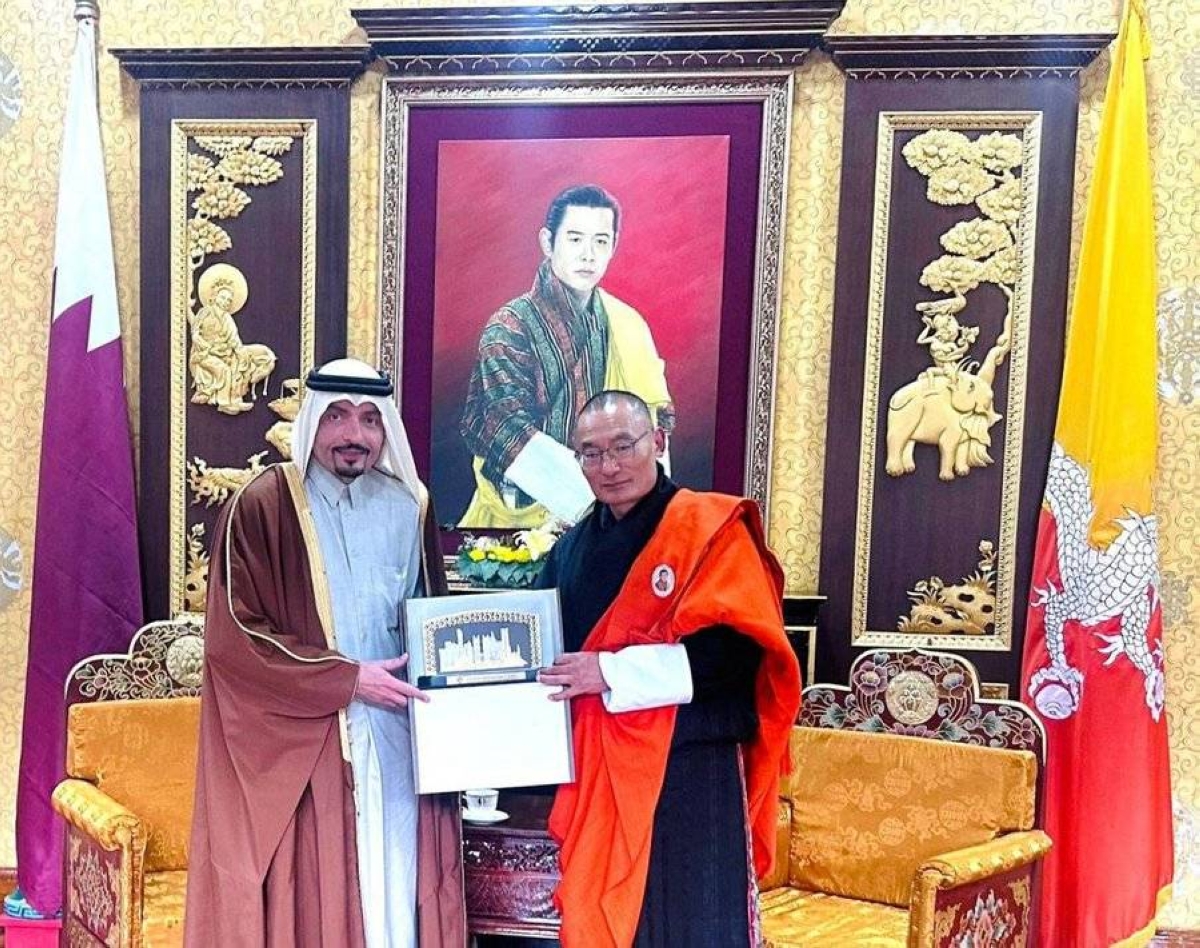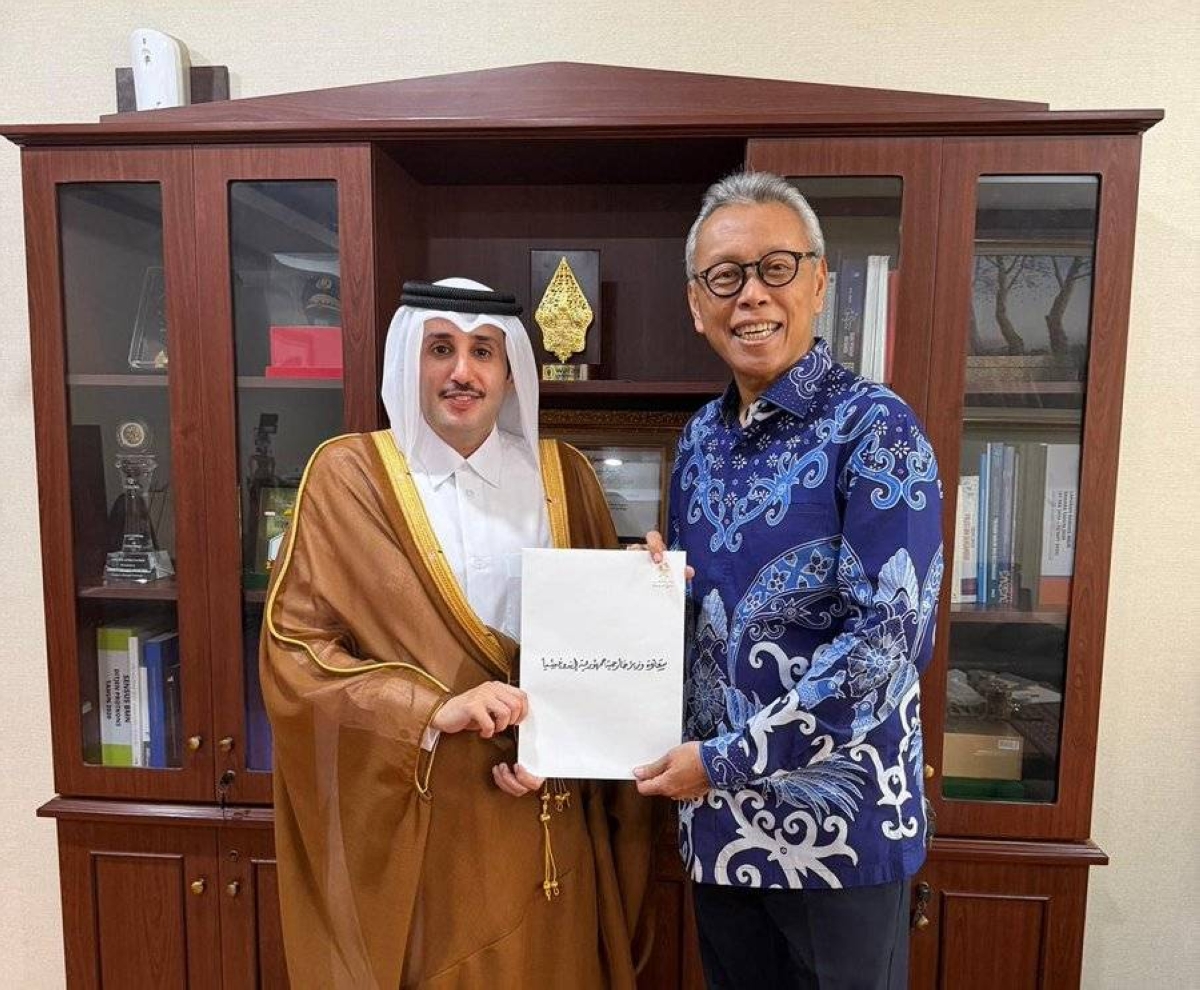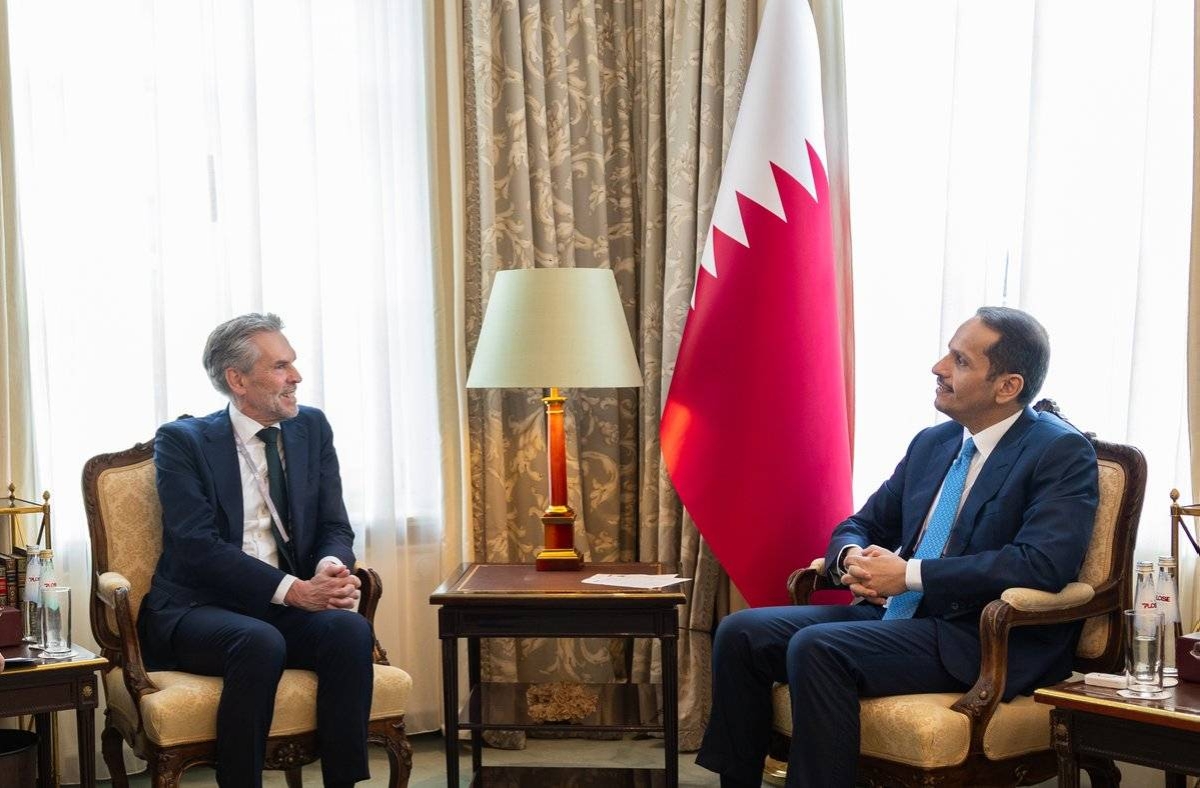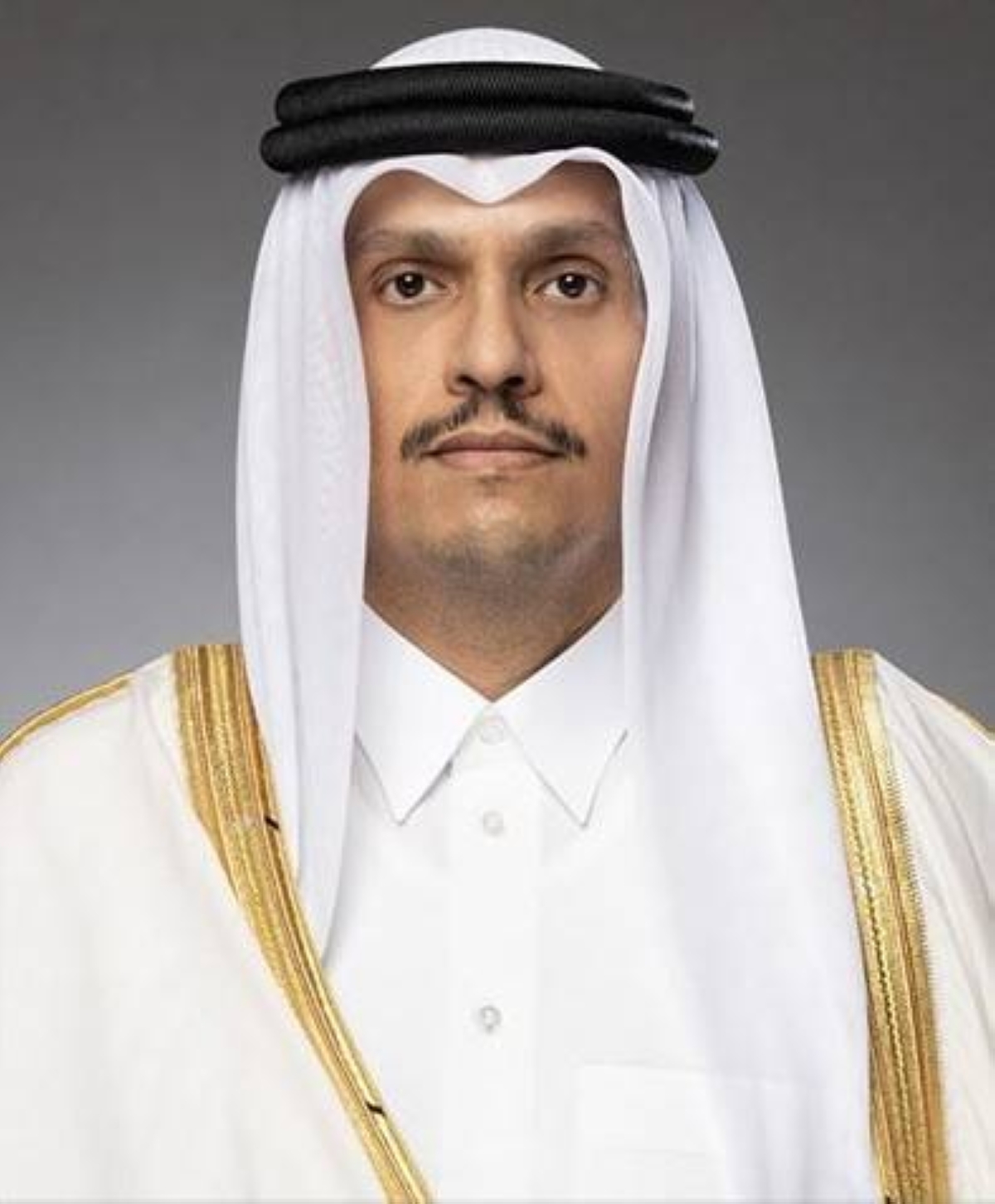Qatar has emerged as a big centre of great style, renowned fashion designer Tarun Tahiliani noted in an interaction with Gulf Times Sunday.“Qatar is a modern centre of great style now because of the way the government has invested and patronised it. The architecture of the modern buildings in the country is a great attraction and the way these buildings have been constructed around the city is exquisite,” stated the leading Indian fashion designer.Tahiliani was speaking on the sidelines of his talk at the Virginia Commonwealth University School of Arts in Qatar (VCUarts Qatar) about Indian fashion design scenario and the changes that have emerged in his country.The talk was attended by Indian ambassador Dr Deepak Mittal and his wife Alpna Mittal, members of the faculty and students of VCUarts Qatar among others.Tahiliani noted that Qatar has made great advances in the art and fashion field as the country has invested very wisely. “Qatar has probably one of the biggest per capita income and the country is investing the money very wisely and beautifully. I should say this is very much reflected in the quality and beauty of the work; be it the great buildings around the country or the museums in the city or the great airport among others,” he explained.“I had come here once to see the Museum of Islamic Arts and now I want to visit all the other museums and particularly the National Museum of Qatar," he continued.As for his talk at VCUarts Qatar, Tahiliani noted that it was great to interact with fashion design students and his talk was a continuation of what he has been doing around the world. “This is the continuation of the talk I have given around the world on festival of India. It focuses on how Indian fashion has evolved in the last few centuries as well as the great transformation of Indian fashion world.“Today, Indian fashion is everything mixed. We are trying to show how all these influences have come together. There is such a diversity in Indian fashion even today as what is seen in the urban cities is not the same what we see in the rural areas. A piece of clothing is worn differently in various places. The same saree is worn differently in different style in various places in India and that is the style diversity, India offers to the world,” he described.The ace fashion designer also spoke about his evolution as a fashion designer and how set up his one fashion design company 'Ensemble' long back in the late 1980s. “Everybody thinks of Indian fashion in two aspects of colour and embroidery. But Indian fashion is all about how Indians drape their clothing and that part is not focused much. So lots of my research goes in structure of drapes. The role of fashion designers is also to find technical solutions for several aspects of clothing,” he pointed out.During his talk, several models, draped in some of the costumes he had designed, went around the audience exhibiting some of his exquisite collections. Tahiliani is on a short personal visit to Qatar to attend a wedding and to watch the Valentino Retrospective. He also has a photo shoot with some of the attractions of Qatar as the backdrop.

Joseph Varghese
A journalist with a penchant for reporting events, Joseph Varghese digs deep to unearth facts. With several years of experience, including at Gulf Times, Joseph handles health, science and technology, IT and education in addition to everyday developments.
Most Read Stories

